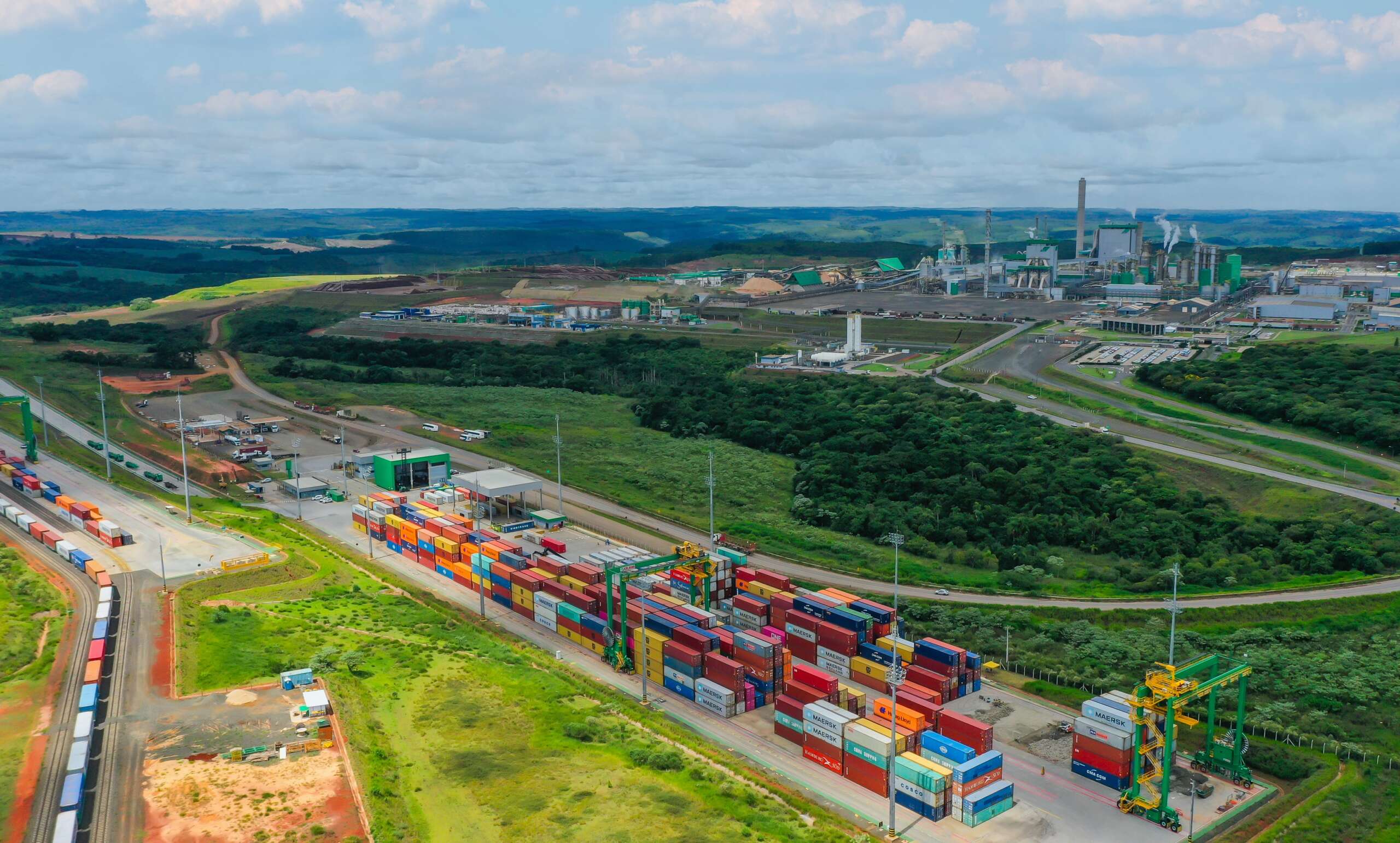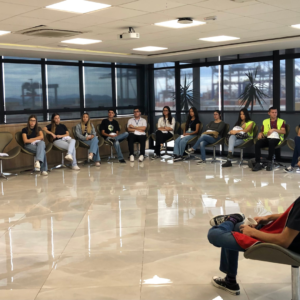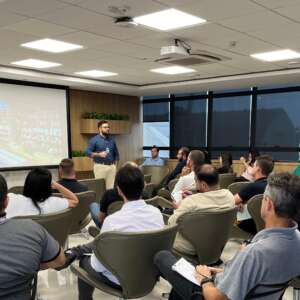Volume grew by 116% compared to the same period last year; KBT intermodal logistics project also registers a handling record
TCP, the company that manages the Paranaguá Container Terminal, set a new record in pulp and paper exports for the first quarter: 21,624 TEUs (20-foot-long containers) of the product were shipped through the terminal. The amount is equivalent to 289,106 tons and represents a volume 116% higher than the 10,003 TEUs handled in the same period last year.
“The pulp and paper segment is among the main ones handled by TCP. Our expectations are positive with regard to the performance of the export flow, since demand continues to be strong, mainly due to the normalization of stock levels and the increase in the price of the product on the foreign market,” says Giovanni Guidolim, commercial, logistics and service manager.
The significant increase in the export of the product is accompanied by a new productivity record at KBT, the intermodal logistics project that connects the container terminal next to the PUMA II project – the expansion plant of the Klabin pulp and paper company in Ortigueira (PR) – to the Paranaguá Container Terminal via a railroad operated by Brado Logística.
Inaugurated in September 2021, container operations at KBT have been increasing year after year, and reached a new productivity record in the first quarter of 2024, when 16,152 TEUs were handled – 91% more than the 8,448 recorded between January and March 2023. “KBT’s growing performance confirms the maturity of the project and brings great expectations not only for the rest of 2024, but also in the long term, bringing agility and efficiency to our operations,” comments TCP’s logistics operations manager, Fabio Henrique Mattos.
In addition to the predictability and safety provided by the rail modal, Klabin’s supply chain and IT director, Roberto Bisogni, highlights the importance of the project in boosting the state’s economic and sustainable development. “The KBT was designed to carry out 27 rail trains per month, and each train is made up of 80 container wagons. With this, we avoid the traffic of approximately 2,160 trucks on the highways that connect the KBT to the TCP,” he explains.
In line with this, Mattos also points out that “operating by rail offers greater predictability and safety for the customer, as well as being aligned with TCP’s initiatives to reduce greenhouse gas emissions, since the loading and unloading of containers on trains is carried out using electrified RTGs (rubber-tyred gantry cranes)”.
In 2023, TCP will complete the electrification of the two RTGs responsible for moving containers on the railroad. The conversion of the equipment resulted in a 95% reduction in carbon dioxide emissions in the operation of each crane.
TCP reaches new railroad handling record
In the first quarter of 2024, TCP handled 50,472 TEUs in its railroad operations, 9% more than in the same period of 2023, which set a new productivity record for the Terminal.
In relation to the 295,384 TEUs handled by TCP in the first three months of the year, including full and empty containers, handling exclusively by rail accounted for 17% of this total. “The rail modal is extremely strategic for the Terminal, as it results in greater customer loyalty, since it offers greater predictability and operational reliability, as well as a reduction in logistics costs,” Guidolim points out.
Currently, the Paranaguá Container Terminal is the only terminal in southern Brazil to have a direct connection between the railroad and the customs area inside the terminal.



